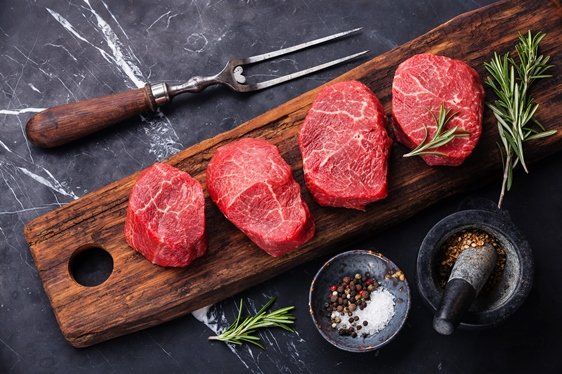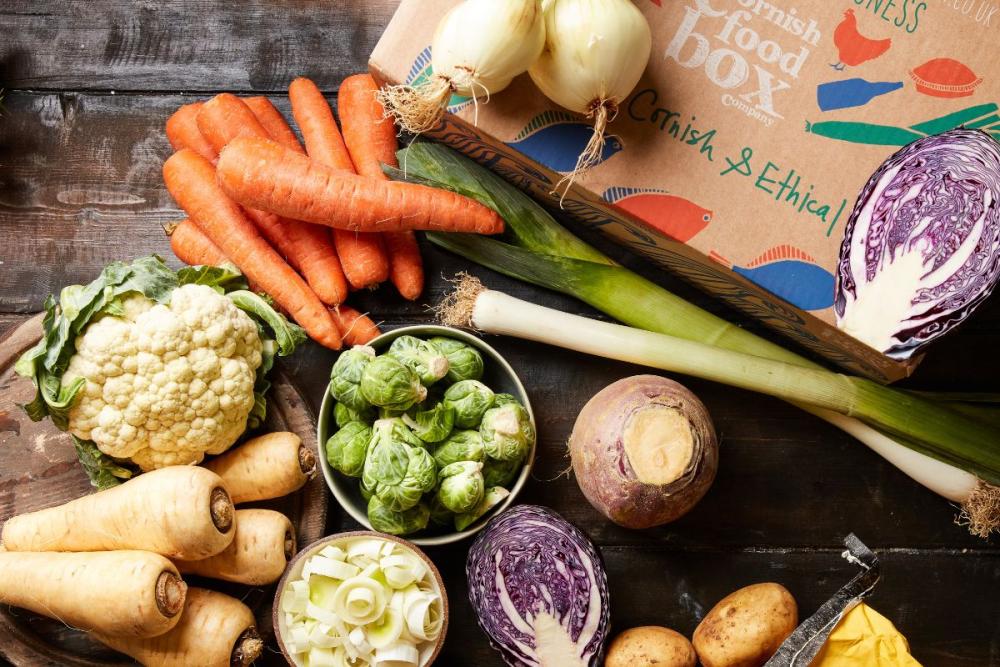Why beetroot should definitely be on your plate.
Beetroot, once a staple of 1970s British salads, often cooked and pickled in vinegar, is a root vegetable characterized by its dark purple skin and vibrant pink or purple flesh. In recent years, beetroot has experienced a well-deserved resurgence in popularity, owing to its earthy, rich, and sweet flavor profile, as well as its striking color, which lends itself beautifully to both sweet and savory culinary creations. Not all beetroot are round and purple. They also come in yellow (it doesn't stain so great if that puts you off!), pink and white striped which looks wonderful in a carpaccio, and in cylindrical forms.
Beetroot shares botanical kinship with spinach and chard and has a whole host of health benefits.
Top 10 Health Benefits of Beetroot:
- Rich in Protective Antioxidants: Beetroot ranks among the top 10 most potent antioxidant vegetables, aiding the body in combating oxidative stress. Anthocyanins, the plant compounds responsible for its purple-crimson hue, exhibit strong antioxidant and anti-inflammatory properties.
- Anti-Cancer Properties: Betacyanin, the powerful pigment in beetroot, is believed to help suppress certain cancers, including bladder cancer. Additionally, beetroot contains other potential cancer-fighting compounds such as ferric acid, rutin, and kaempferol.
- Anti-Inflammatory Properties: Betalains found in beetroot may reduce inflammation symptoms and markers, offering potential relief for conditions like joint inflammation.
May Lower Blood Pressure: Beetroot's natural richness in nitrates relaxes blood vessels, improving blood flow and potentially lowering blood pressure. Studies also suggest nitrate-rich foods like beetroot may aid in heart attack recovery. - Improve Exercise Performance and Energy Levels: Beetroot juice has gained popularity among athletes for its potential to enhance exercise endurance and performance. Nitrates in beetroot also aid muscle recovery post-exercise.
- Improve Digestive Health: High fiber content in beetroot supports bowel function and fosters a healthy gut environment. Betalains further enhance gut health by promoting the production of beneficial short-chain fatty acids.
- Protect the Gut: Beetroot is rich in glutamine, essential for maintaining gut lining integrity, potentially shielding it from damage and stress.
May Support Brain Health and Reaction Time: Improved blood flow facilitated by beetroot benefits brain function, potentially enhancing decision-making and memory. Higher nitrate intake may also improve motor functions and reaction time. - Useful for Post-Menopause Diet: Nitrate-rich vegetables like beetroot can help manage increased blood pressure and heart disease risk post-menopause. Beetroot juice before exercise may also improve mobility and cardio-metabolic outcomes in this demographic.
- May Relieve Symptoms of Raynaud's Phenomenon: Initial studies suggest beetroot juice may enhance blood flow to fingers and feet, potentially reducing pain and inflammation associated with Raynaud's phenomenon. Further research is needed to confirm these findings.
How to cook, prepare, and store your beets
To cook beetroot whole, begin by washing it without peeling. Trim the stalks to 2.5cm and leave the root intact; excessive trimming may cause the beetroot to bleed color. It can be baked in a low oven for 2-3 hours, either wrapped in foil or placed in a lidded casserole dish with a little water. Alternatively, it can be simmered for about an hour after the same initial preparation.
Beetroot can also be enjoyed raw, peeled, and grated into salads and slaws or thinly shaved for a 'carpaccio' effect. The leaves can be washed and trimmed for use in salads or as a garnish.
Cooking Suggestions for Beetroot:
Roast beetroot and toss with walnut oil and chives, or bake it with olive oil and cumin seeds before adding feta and baking again. Boiling beetroot for a few minutes, draining, and serving with a drizzle of olive oil or butter is another option. Raw beetroot can also be juiced and mixed with carrot juice for a refreshing and vitamin-rich beverage.
Storage Recommendations for Beetroot:
Fresh beetroot can be stored for several weeks in a cool, dark place. Vacuum-packed cooked beetroot is also available, ideal for pickling, roasting, or adding to salads, and can be refrigerated for several months.






